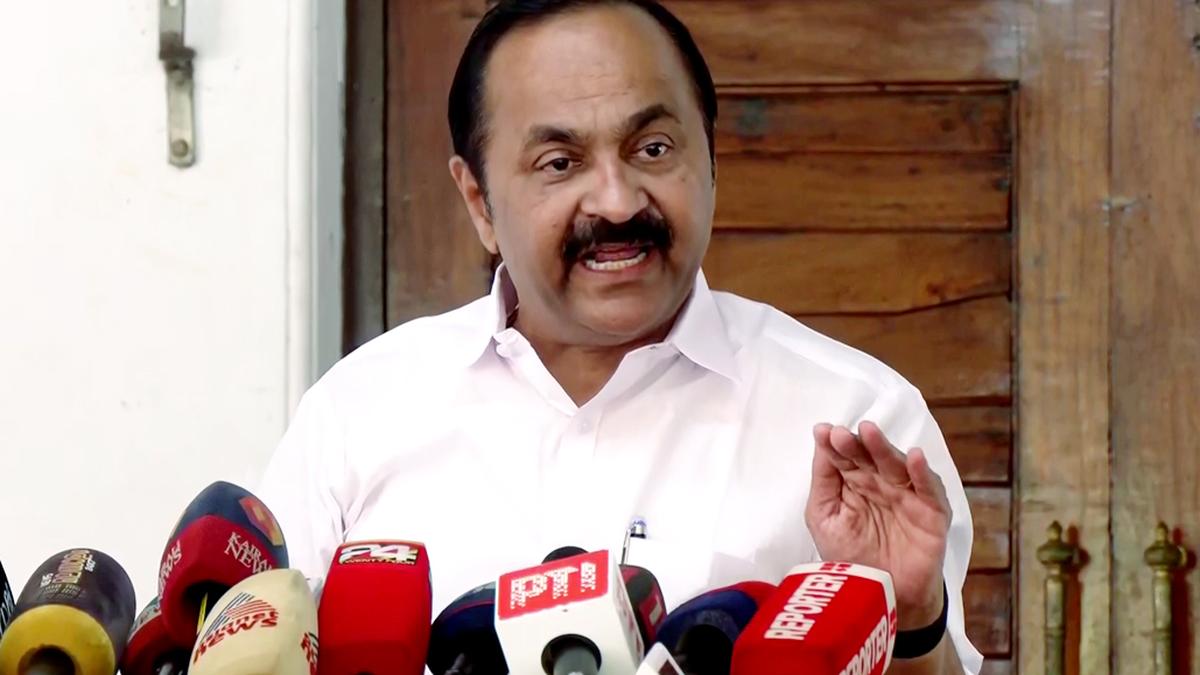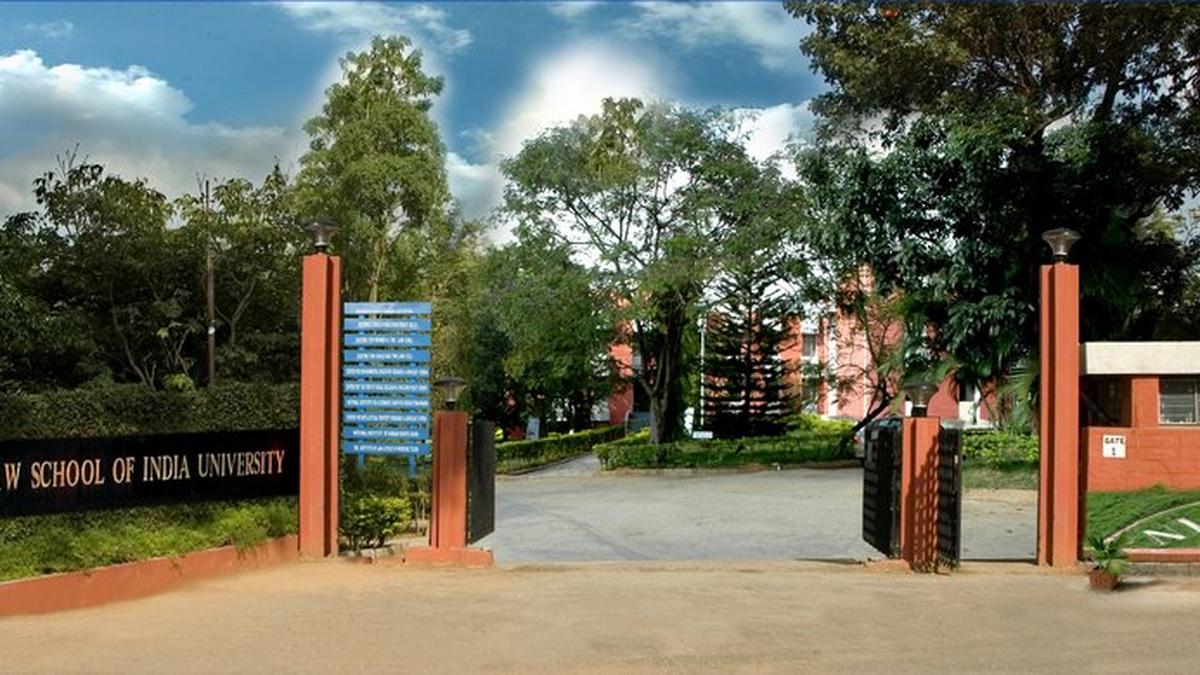Now Reading: Satheesan Urges Kerala CM to Address Higher Education Crisis
-
01
Satheesan Urges Kerala CM to Address Higher Education Crisis
Satheesan Urges Kerala CM to Address Higher Education Crisis

Quick Summary
- Issue: Leader of the Opposition in Kerala Assembly,V.D. Satheesan, has highlighted a crisis in the State’s higher education sector in a letter to Chief Minister Pinarayi Vijayan.
- Key Concerns:
– Absence of permanent Vice-Chancellors in most universities and lack of Principals in several colleges.
– Administrative gridlock within Kerala university due to conflicts between university officials (Governor/Vice-Chancellor vs. Registrar/Syndicate).
– Presence of two Registrars leading to confusion about file handling and operational delays.
- Consequences: Critical academic processes such as issuing degree certificates, equivalency certificates for admissions, mark lists approval, recognition of courses, teacher career advancement schemes, and additional Plan fund approvals are stalled.
- Further Issues: Violent student protests by Students’ Federation of India are compounding the crisis.
- Appeal for Action: Mr. Satheesan urged an urgent intervention from CM Vijayan to address this escalating issue affecting students’ academic prospects.
Indian Opinion Analysis
The ongoing administrative and political crisis within Kerala’s higher education system underscores important governance challenges that could detrimentally affect students’ futures. The absence of leadership structures like permanent Vice-Chancellors or Principals points towards systemic inefficiencies that may require extensive institutional reforms rather than temporary fixes.
Furthermore, unresolved power struggles within university administrations appear to be amplifying procedural delays-such as pending certifications-which are vital for students’ educational and career progressions. For a state historically recognized for its focus on literacy and education excellence, this situation risks undermining public confidence in its higher education framework.
Prompt government intervention is critical not only to resolve immediate issues but also to restore functionality across institutions.A solution focused on depoliticizing academic governance while prioritizing student welfare could be a pragmatic path forward.
Link for read more: Image Source & Full Article






















